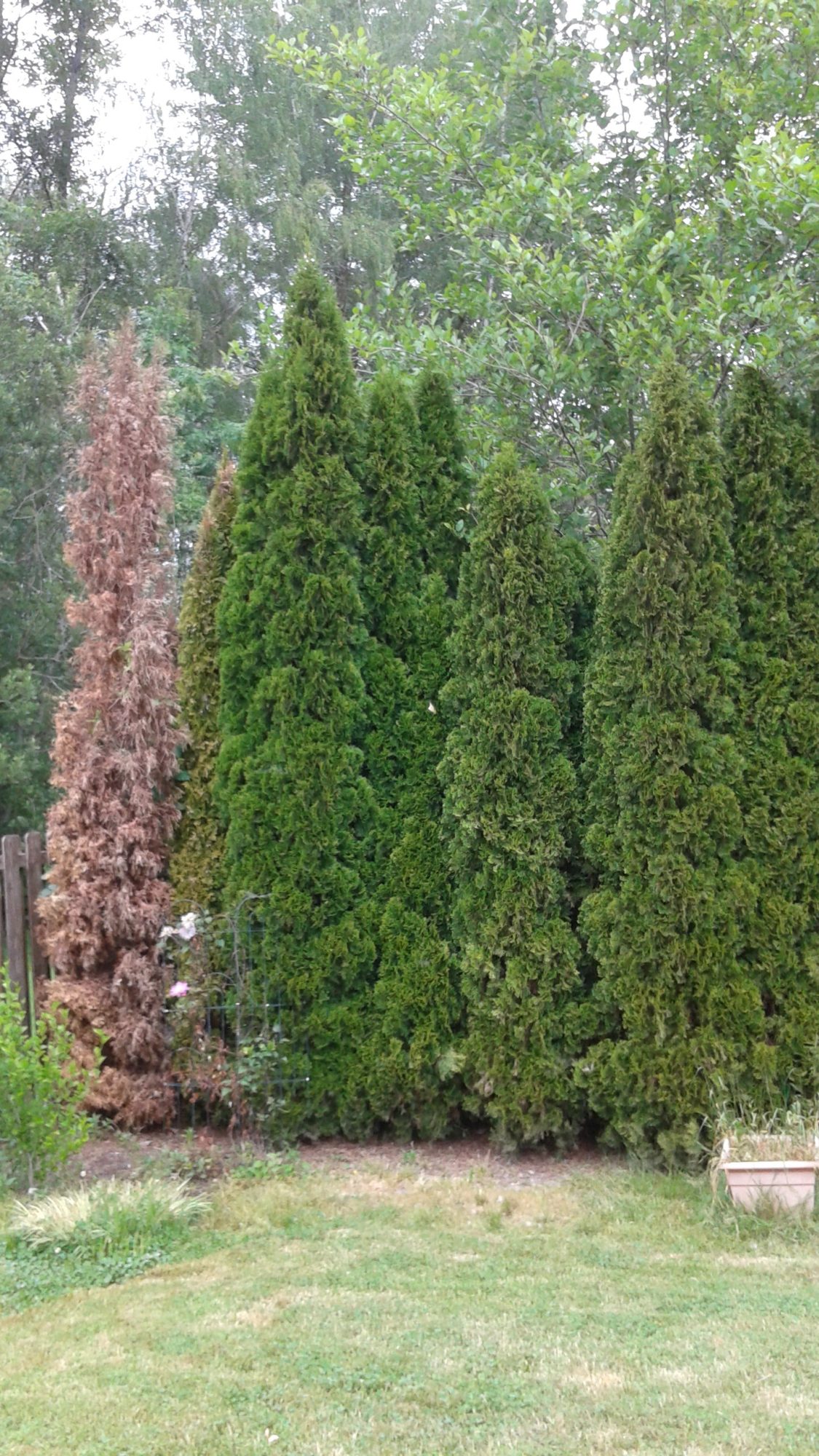
Learn about how Maryland plants are facing root rot from heavy rains.
Last May and June, Maryland faced excessive rain that had very negative effects on plants. Plants were dying several months after the heavy rain, and now that it is one year later, the excess moisture is causing a lot of visible damage. Learn more about the unexpected impact of too much rainwater and the problems it caused for plants all over the state.
Root Rot
Last summer, many areas of the state experienced standing pools of rainwater that lasted several days. Flooding was quite common, as parts of residential landscapes and grassy areas such as golf courses turned into mini lakes. The over-saturated soils damaged root systems in many plants and caused root rot. Root rot is a condition that affects indoor and outdoor plants and is often a result of overwatering. The excess water makes is difficult for the roots to get the air they need, which causes them to decay. While it can be prevented in indoor plants, there was no way to prevent overwatering in outdoor plants due to excessive rain. Unfortunately, root rot is typically deadly for plants, and there is no effective treatment.
Visible Damage
After the heavy rains passed and Maryland faced dry, warm temperatures for the remainder of the summer, many plants had scorching leaves and branch dieback as a result of the high soil moisture. Branch dieback is a condition that affects trees and plants that is characterized by progressive death of twigs, branches, shoots, or roots. Also, there was a high infection of scab, rust, and fireblight and other foliar diseases.
Wildlife
Another unexpected impact of excessive rain was how it affected Maryland wildlife. After heavy rains, snakes moved into residential landscapes from nearby wooded areas. There were reports of snakes being caught in netting that was meant to protect lawns from burrowing chipmunks and squirrels and garter snakes showing up in the upper canopy of a boxwood planting. The heavy floods displaced a lot of wildlife, and while it can be unsettling to see snakes so close to your home, it is beneficial to leave them be.
Scientific Plant Service Is Your Go-To Source In Landscape Healthcare
Scientific Plant Service, located in Baltimore, is a privately-owned corporation, chartered in Maryland in 1957 by Frank J. Burke. We started as a full-service Arborist specializing in the care of shade trees and ornamental shrubs, but today we are a lawn and total landscape care company that is a huge part of the community. From aquatic environments and snow management to deer and mole control, SPS has services tailored specifically for your lawn and landscape.
We offer services in Maryland, Washington DC, and Virginia, including Harford, Baltimore, Carroll, Frederick, Howard, Anne Arundel, Montgomery, Prince Georges, Talbot, Queen Anne’s, and Calvert counties in MD, as well as Loudoun County, Fairfax County, Arlington, Alexandria, and Falls Church in VA. For more information, contact us online, or call us at 410-321-0970. Be sure to follow us on Facebook, Twitter, LinkedIn, and Pinterest!

